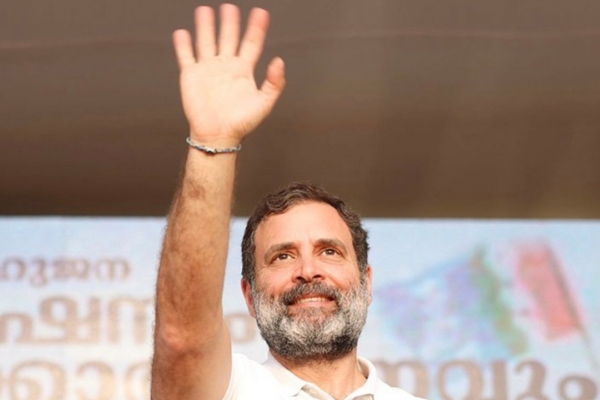In a significant legal twist, the Supreme Court has intervened in the case of Rahul Gandhi, leader of the Indian National Congress. He was convicted for a comment made at a campaign rally in Kolar in Karnataka on April 13, 2019, where Gandhi was heard saying, “Nirav Modi, Lalit Modi, Narendra Modi… how come they all have Modi as common surname? How come all thieves have Modi as common surname?.”
Surat Court sentenced him with two-year in prison and a disqualification from his parliamentary seat. However, the Supreme Court’s recent decision has halted his conviction temporarily, allowing his return as MP and reinstating his eligibility to contest elections, from the Wayanad constituency.
The apex court expressed reservations about the Surat court’s decision to impose the maximum sentence without clear justification. A bench consisting of Justices BR Gavai, PS Narasimha, and Sanjay Kumar emphasised the need to put the trial court’s order on hold until the matter is fully resolved.
Beyond its impact on Rahul Gandhi personally, this legal battle carries broader implications. His disqualification due to the conviction had raised questions about democratic principles and fairness. The Supreme Court recognised that the trial court’s decision affected not just Gandhi, but also the people who had elected him to serve as their representative.
The Congress party expressed its satisfaction with the Supreme Court’s decision, asserting that it reinstates the people’s faith in democracy, constitutional values, and the supremacy of truth.
Adhir Ranjan Chowdhury, a member of the Congress party, met with Lok Sabha Speaker Om Birla, urging the prompt restoration of Rahul Gandhi’s parliamentary status. This would allow him to actively participate in important parliamentary discussions scheduled for August 8th and 10th, including no-confidence motion, where PM Modi is expected to address the parliament on August 10th.
Also Read: https://clipper28.com/en/tinders-new-ai-tool-will-choose-profile-picture-to-find-a-match/








